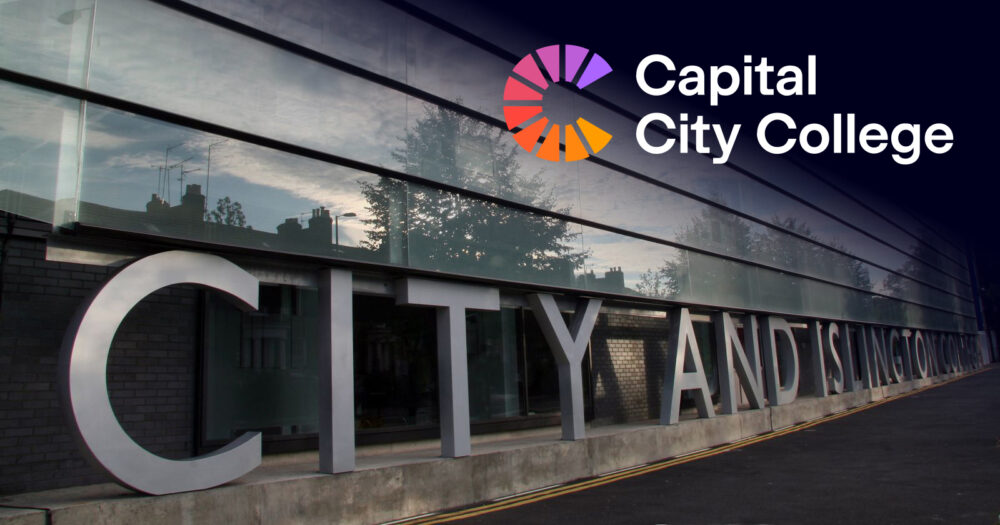Teachers at a London mega college’s sixth form campus are balloting on strike action over plans to “harmonise” their salaries with lower-paid FE staff.
Capital City College (CCC) management anticipate strike action from its 81 sixth form staff after deciding their pay will be “frozen” for two to three years until a “discrepancy” between their salaries and the rest of the college group’s teaching staff disappears.
The college group has also closed its more generous sixth form teaching contracts to new employees or existing teachers moving into new roles.
And it plans to drop any commitment to the Sixth Form College Association’s (SFCA) national bargaining framework for sixth form teachers under its new trade union recognition agreement.
The National Education Union (NEU), which represents sixth form staff, called the prospect of real-terms pay cuts “levelling down” and expressed alarm at the “pace and rapacious scale of harmonisation” by CCC management.
CCC risked strike action in March over a decision to ignore the nationally bargained 3.5 and 5.5 per cent pay awards for sixth form teachers, and instead awarded a 2.5 per cent pay rise across the group.
But the strike ballot was withdrawn after the college threatened the NEU with a legal challenge when union representatives lobbied the governing board during a meeting, which management called “unprotected action”.
Pippa Dowswell, joint secretary of Islington NEU, said: “We have been part of the SFCA for 30 years, and we want to stay part of that as an entity and not be subsumed into the wider college.
“Our argument would always be with management who, if you go to a meeting with them, will try to appeal to our socialist hearts and say ‘surely you’ll see it’s unfair that you’re being paid more than the wider FE college?’.
“But our argument is ‘why don’t you level up, not level down?’”
Cold years ahead
Minutes for a CCC board meeting in March, seen by FE Week but not yet published on the CCC website, say pay is likely to be frozen for a “two or three-year period”, but union staff fear a freeze could last up to five years.
During the meeting the college’s chief people officer Trovene Hartley told governors the plans carried several risks, including strike action, “significant reputational risks” that could impact student recruitment, and an “increased difficulty” in recruiting high-quality teaching staff.
However, she claimed the college had a “track record” of successfully dealing with high staff turnover, including in 2021 when the college faced wider strike action from the University and College Union over pay.
A college spokesperson said: “The issue of pay is becoming more complex following the government’s decision to fund annual pay awards recommended by the school teacher pay review body and not for those in non-academised sixth form colleges and FECs.
“As the government created an inequity in pay last July between schools and colleges, we decided not to create a further inequity within our own institution and therefore awarded the same annual pay award to all staff across the group.
“While the SFCA, working with NEU, recommended a 5.5 per cent award and suggested that the £50m ringfenced for FE in 2024/25 could fund it, these payments are one-off awards, and so using them to make consolidated pay awards carries financial risk.”
A SFCA spokesperson said: “Our expectation post-merger is that staff terms and conditions of employment are maintained and recommendations made through national pay bargaining are implemented.
“It is important that staff are not disadvantaged as a result of structural changes that are outside of their control.”
CCC is one of the largest college groups in the country, with 12 main centres across central and north London that merged from three smaller college groups in 2016 and 2017.
In 2023-24 it had an income of £126 million and taught 30,000 learners.
But despite promises of achieving a healthy surplus thanks to its size, the group has faced repeated deficits – including £4.6 million in the last academic year.
It hopes to break even by 2027-28 but has “healthy reserves” of £328 million.















Your thoughts